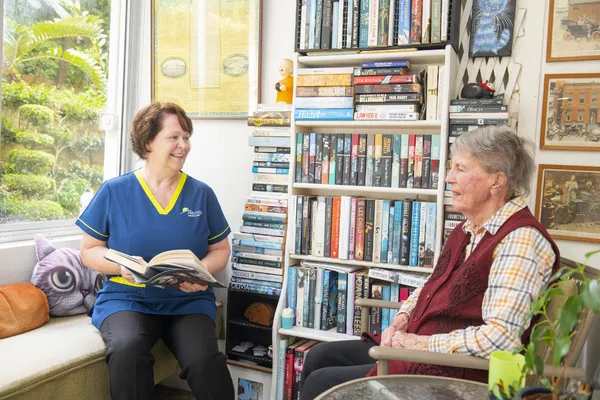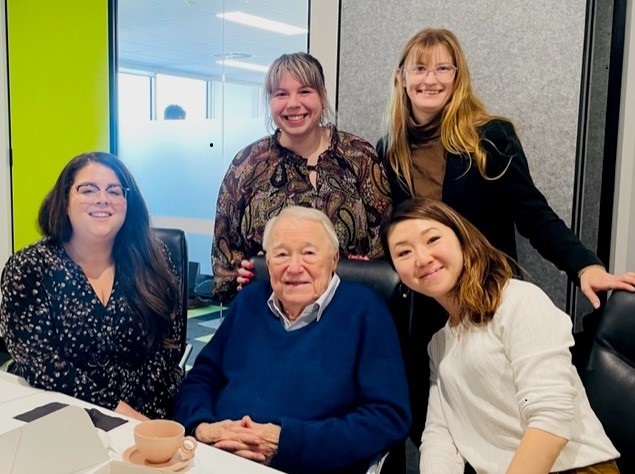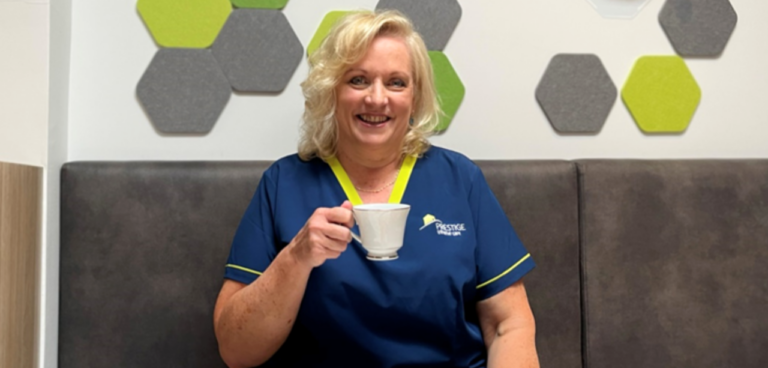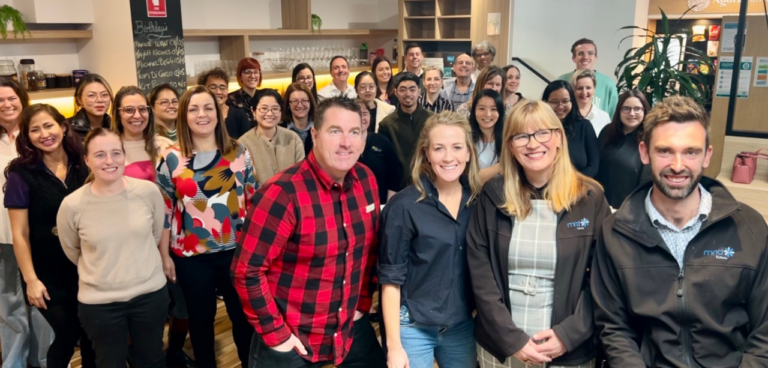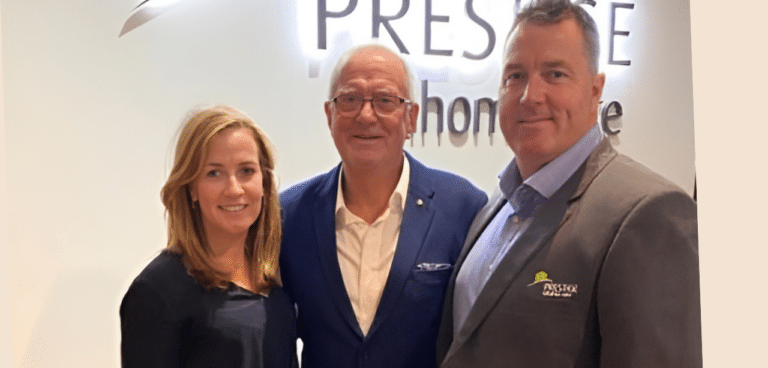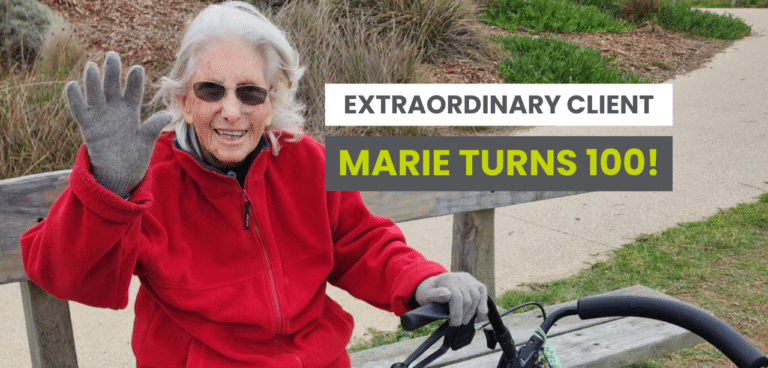The Australian Government has recently taken action to reduce excessive Home Care Package (HCP) charges and make it easier to compare prices between providers. Today we unpack what these changes mean for Home Care Package recipients and explore how Prestige Inhome Care’s fees weigh up against the new fee updates.
In the lead up to Aged Care Employee Day on August 7th, Prestige Inhome Care clients have sent in some lovely messages of appreciation for their carers (some have been shared below). Thank you to those who have submitted messages, we can’t wait to share them with your carer.
Meet Sanae. Sanae has been a loyal carer with Prestige Inhome Care for over 10 years. For her commitment and dedication to clients, she has continuously received positive feedback and been nominated for Star Awards on more than one occasion.
Sanae gives us an insight into her work and what interests her.
We are so privileged to have many wonderful carers who have had a long relationship with Prestige Inhome Care and our clients. Meet Anna, who recently clocked up an extraordinary 15 years with Prestige. Anna loves her work and after almost 30 years as a carer, her work has been a big part of her life and who she is.
We were pleased to learn of the decision made by the Fair Work Commission on 21 February 2023, to increase the aged care sector award rate for nurses and carers.
The 2023-2024 Federal Government Budget was handed down in May and included some major announcements for the care sector. Here, we highlight some significant outcomes that will impact the aged care support sector and what that will mean for you.
If you or a loved one is looking for cancer palliative care at home, Prestige Inhome Care can support you or a loved one living with cancer. Our tailored palliative care services give you more options and greater choice, in the comfort and privacy of your own home.
How can Palliative Care at home make a difference?“Palliative care in the home can create a feeling of tranquility and peace for clients, which many other facilities find challenging to replicate,” said Ellie.“This is because clients can remain in the comfort of their own personal environments, surrounded by their loved ones, their pets, the familiar […]
During National Volunteer Week , Prestige Inhome Care is excited to announce the launch of its new Employee Volunteer Day.
It has been a pleasure for Prestige Inhome Care to get behind our partners MND Vic with their recent campaign.
During Active April, the Prestige Inhome Care team welcomed Dr Jim McDonald to share his knowledge on the benefits of daily exercise.
He is well known to Melbourne’s Bayside community, having founded Bluff Road Medical in Sandringham in 1987, which grew to become South East Melbourne’s largest medical practice.
Prestige Inhome Care recently sent special birthday messages to our extraordinary client Marie who turned 100.
It was a pleasure to learn more about Marie’s extraordinary life and her favourite memories. Marie spoke with Relationship Manager, Alex.

